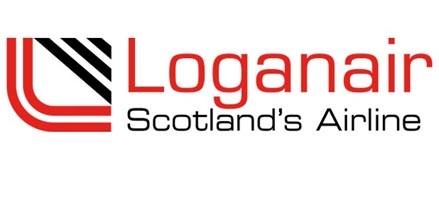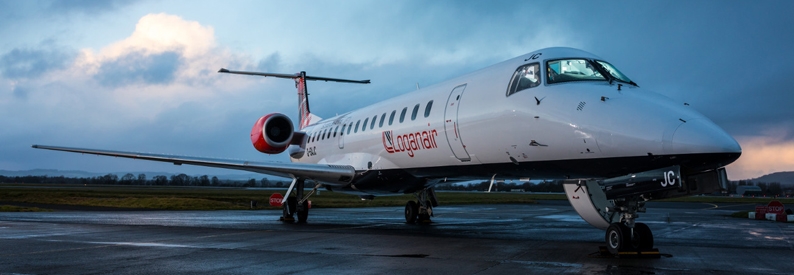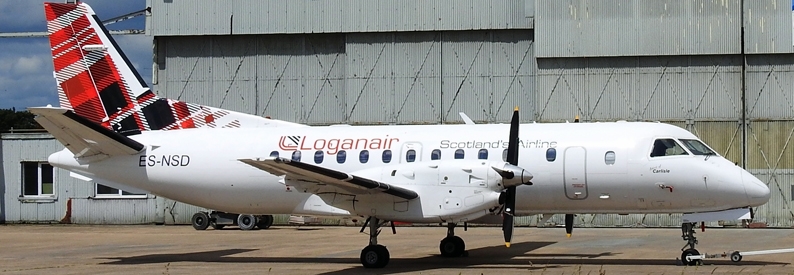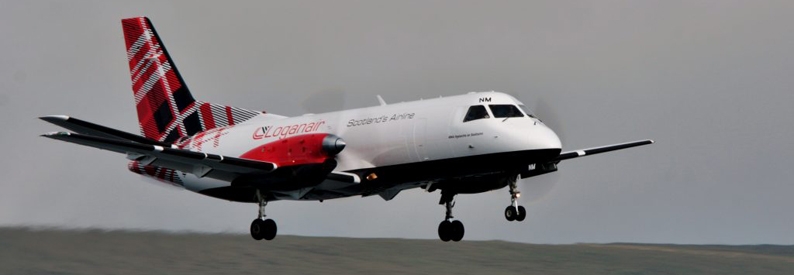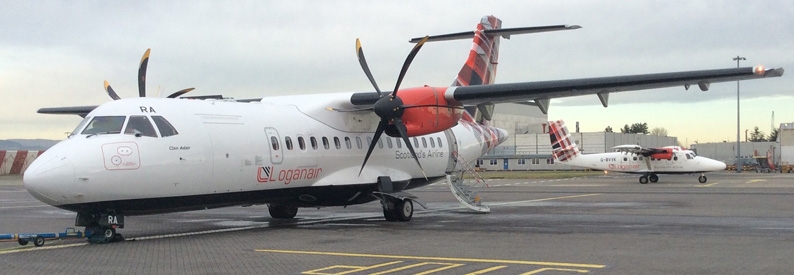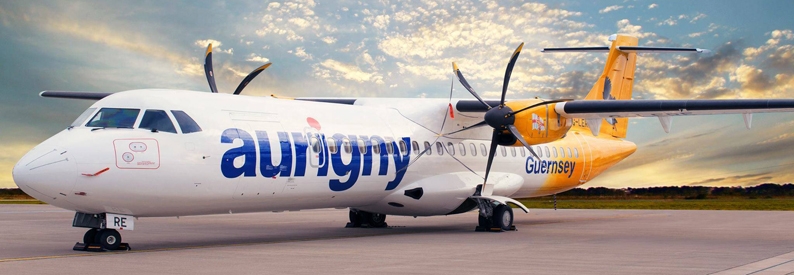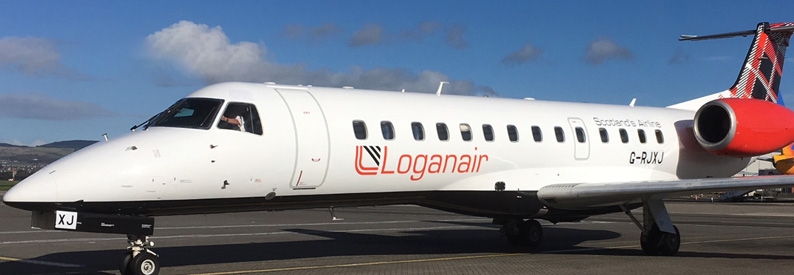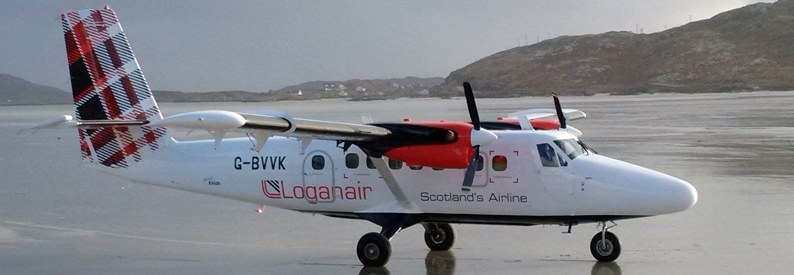The Scottish Government has announced it will make GBP4 million pounds (USD5.5 million) in Public Service Obligation (PSO) grants available over the next four years to subsidise services at Wick, local media reports.
A PSO is a permitted state aid which maintains scheduled air services on routes vital for the economic development of the region they serve. The Highland Council is to develop the plans for PSO routes, in consultation with local communities and businesses.
Up to GBP1 million (USD1.3 million) annually will go to the Council in 2021-22 and 2022-23, with a further GBP1 million (USD1.3 million) in each of 2023-24 and 2024-25, subject to growth in passengers in the first two years. The contribution in the first year will be determined by the start date of the flights, with GBP83,000 (USD114,400) being available for each full month of operation. In addition, the Scottish Government will continue to meet the full costs of the airport, which in 2019/20 equated to GBP2.035 million (USD2,805 million), through its subsidy of Highlands and Islands Airports Limited (HIAL), the airport’s operator.
This follows after Loganair (LM, Glasgow International) last year withdrew its services linking Wick to Edinburgh due to COVID-19-linked losses, while Eastern Airways (T3, Humberside) had run a service between Wick and Aberdeen Dyce as part of its franchise agreement with now-defunct flybe. (2002) (Exeter).
Loganair closed its Wick-Edinburgh operation at the end of March 2020 after serving the route since 1976, citing a steady decline in passenger numbers mirroring the simultaneous growth of non-stop flights from Inverness and a further drop in demand as a result of COVID-19. The carrier did not rule out the possibility of a return to Wick in the future, should a PSO subsidy be secured for the route. “We would consider resuming services at Wick under that new structure,” Chief Executive Officer, Jonathan Hinkles, said at the time.
The withdrawal by both airlines last year had prompted calls from communities and politicians for a PSO subsidy from the Scottish government to have the connections reintroduced. They argued that the lack of services from Wick put at risk many jobs from those at the airport itself to Aberdeen links to the oil and gas industry, to servicing wind energy developments. It became a matter of urgency when the Moray East windfarm construction workers prepared to operate crew transfers from Buckie rather than Wick Airport as a result of cancelled flights. The project, off the east coast of Caithness, is expected to be fully operational by 2022. Wick is also the operations and maintenance base for the 84-turbine Beatrice offshore farm which was officially opened in 2019.
Scotland’s Secretary for Transport, Infrastructure, and Connectivity, Michael Matheson, in a statement said: “We recognise the issues faced by the Caithness area with the loss of the flights to and from Edinburgh and Aberdeen, so we are pleased to announce significant funding to help reintroduce flights to Wick Airport. This will allow the Highland Council, in partnership with key stakeholders, to take forward plans for Public Service Obligation routes. I am in no doubt they are best placed to determine the services that are required by their communities.”
The funding was welcomed by the local business community. The Caithness Chamber of Commerce, which had campaigned for the PSO, said the announcement was an important first step in enabling lifeline air services to help economic recovery and ensure the area could develop opportunities in key sectors including offshore renewables and aerospace.
